
This logo isn't an ad or affiliate link. It's an organization that shares in our mission, and empowered the authors to share their insights in Byte form.
Rumie vets Bytes for compliance with our
Standards.
The organization is responsible for the completeness and reliability of the content.
Learn more
about how Rumie works with partners.
So, you've decided to go into the wonderful world of teaching. You're passionate about getting into the classroom, working with students, and arguably the most fun part, getting to decorate your own space.
However....there is a small bump in the road.
You have no clue what you want to teach.

You think back to your childhood and all the different subjects you learned. Math, science, English...then it comes to you! You'e always loved learning about history. Why not teach it?
From a current history teacher to a future history teacher, let's get into the details of teaching history!
Why Teach History?
History often gets a bad reputation.
Many people find themselves yawning at the thought of sitting through another class that just goes over dates and events from hundreds and thousands of years ago.
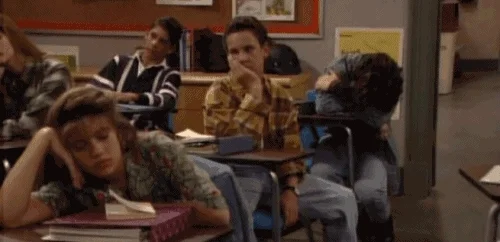
However, history is more than just learning about dates and events. You can look at patterns throughout time and see how the past continues to affect today's growing world.
You can also study different eras of time and learn all about the people, places, and things that made life unique!
Teaching history can help future generations understand who they are and how they can help the future.
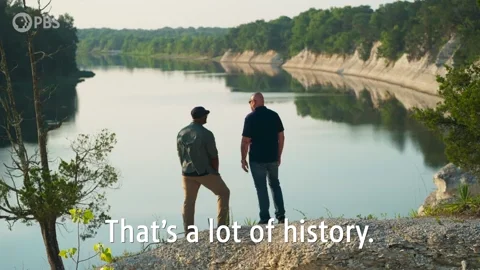
Quiz
True or False: History only involves teaching about dates and events.
Dates and events are only a part of teaching history. There are skills and patterns throughout time, geography, and politics that are related to history.
The Role of a History Teacher
There are lots of misunderstandings about what a history teacher does. However, these are proven false time and time again by many different and amazing history teachers.
 What people think history teachers do:
What people think history teachers do:
Only teach content (dates and events)
Create boring lectures and slides
Teach the same things over and over again
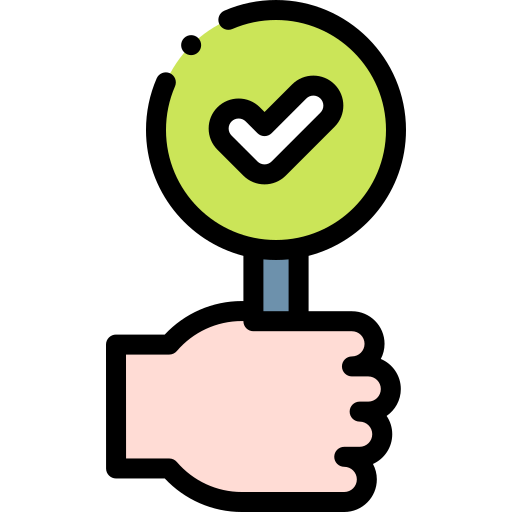
But here's what history teachers actually do:
Teach content and skills
Plan interactive and engaging lessons
Tell stories (after all, it is in the name...history)
On a daily basis, history teachers also:
Plan and collaborate with other history teachers and educators on lessons and projects
Interact and communicate with students and parents
Actively participate in their school's community (including academic and extracurricular events and field trips)
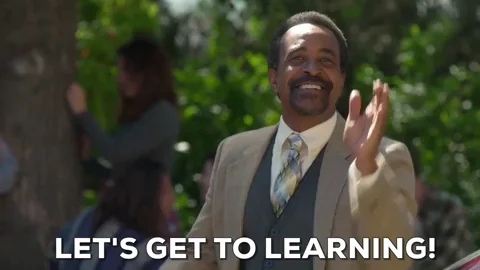
Requirements for Teaching History
To become a history teacher, there are a few things you have to do first:
Earn a college degree in history or education with a history focus.
Tip: You can also earn a degree in a subject that is history-related (social science, geography, political science, anthropology).

Complete a student teaching program.
This is where you'll work and teach at a school, along with a certificated teacher while taking college courses that teach you all about teaching as a career. To student teach, you need to be in a student teaching program.
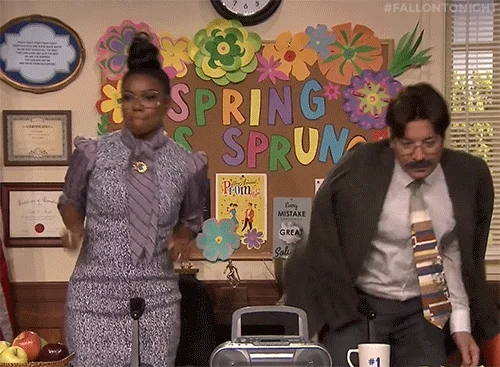
Take teaching exams.
Based on your state or country, you may be required to take an examination that tests your knowledge about history and teaching. Make sure to study using test booklets or online study programs to help you!
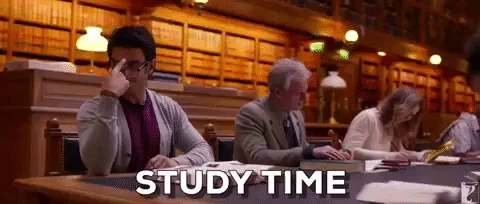
Did you know?
If you want to teach history at the post-secondary level (at a college/university), you would need to receive a Master of Arts in History or a PhD in History (or history related subjects)!
Where You Can Work
As a formal teacher, in general, you have 3 types of educational stages that you can work in:
Primary (elementary) education teachers work with young children, ages 3 to 11.
Secondary education teachers work with teenagers and young adults, ages 12-18.
Post-secondary education teachers work with adults of all ages, starting from age 18 and going up.
If you want to teach history, the best educational stages to work in are secondary and post-secondary education because you're only required to teach history.
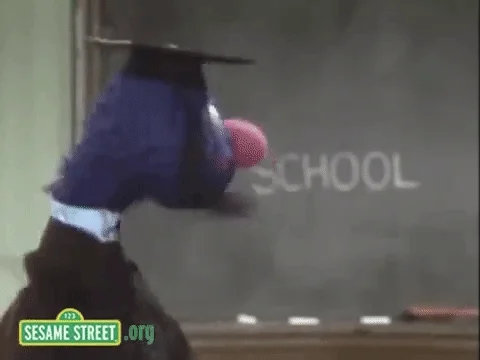
Secondary education:
Work in middle schools or high schools
Classes are more general and provide basic overviews of the subject
Examples of classes: United States History, World History, Ancient World History, Government, Economics

Post-secondary education:
Work in colleges, universities, or trade schools
You can teach more specific courses that relate to your interests
Examples of Classes: African American History, History of World Trade, Middle Eastern Culture and History
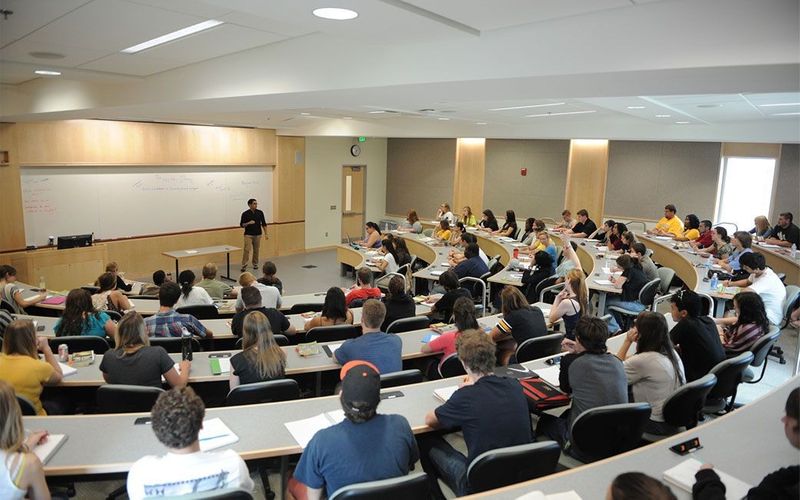
Quiz
Mary wants to teach history, however she doesn't know what educational stage she should work in. She loves working with both teenagers and adults, but she wants to teach a specifically about Latin American history. What stage should she teach in?
Mary should teach in post-secondary education. It allows her to work with adults and teach more specific classes that she is interested in. Secondary education would only allow her to teach more general history and primary education would have her teaching kids, which she is not interested in doing.
How Much Money Can I Make?
Did you know?
Most schools pay more if you have a Master's degree or Doctorate along with your Bachelor's!
You'll Love This Job If...
You enjoy learning about history. History is one of the most constantly changing subjects there is. We make history daily!
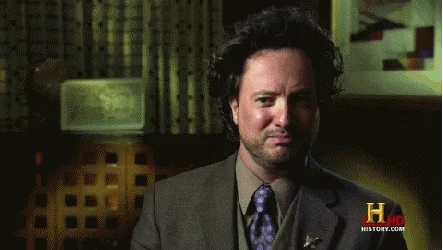
You love the art of teaching. Teaching is a complex field that requires patience, adaptability, and passion!
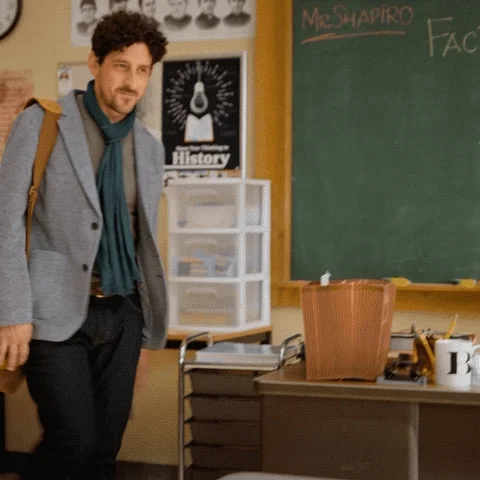
You love collaborating and planning with others. Teaching isn't a one-person job. Collaborating with fellow teachers, administration, and other staff or faculty comes with the title of a teacher.

You'll Hate This Job If...
You're not interested in history.
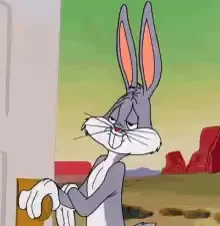
You prefer to work independently. With teaching, you're constantly working with other people, including students, parents, families, and staff/faculty on the job. If you prefer a job that doesn'ot require as much interaction with others, teaching might not be the right fit.
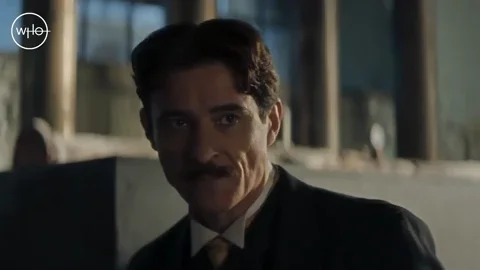
You prefer a less demanding occupation. Teaching often comes with lesson planning, grading, and other duties that go beyond the classroom. This could be a setback if you prefer a job that includes less extensive duties.
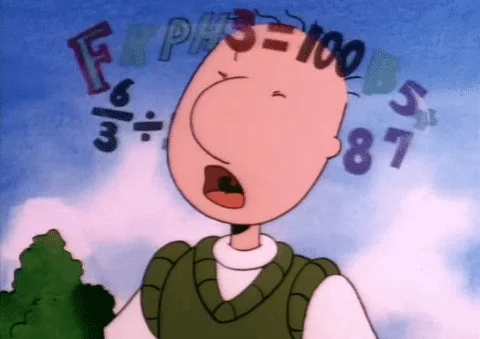
Take Action
Does becoming a history teacher sound like your next career? If so,
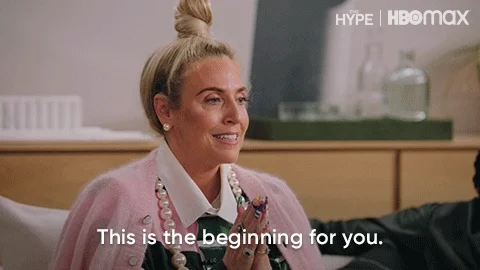
This Byte has been authored by
Marciela Saunders Bibbins
Secondary Education Social Studies Teacher

